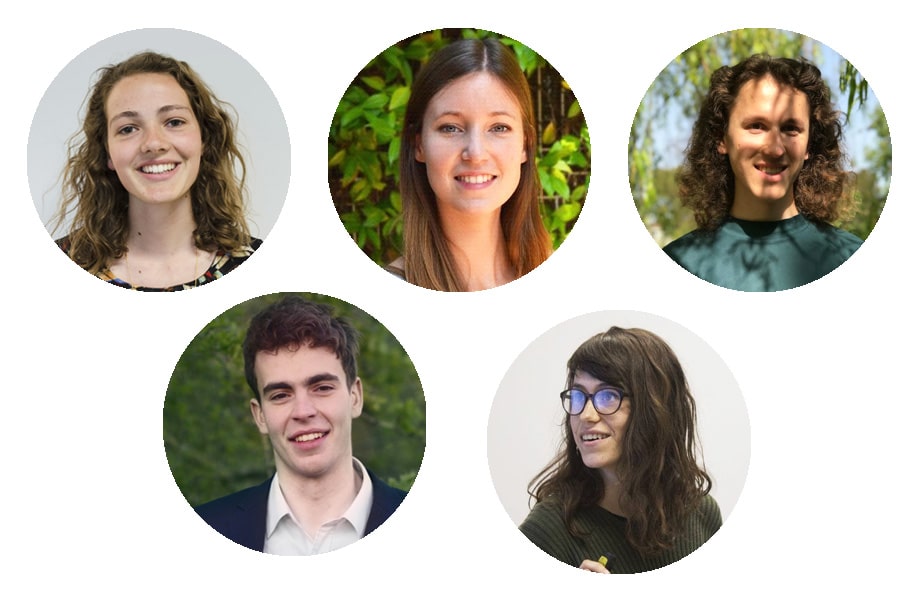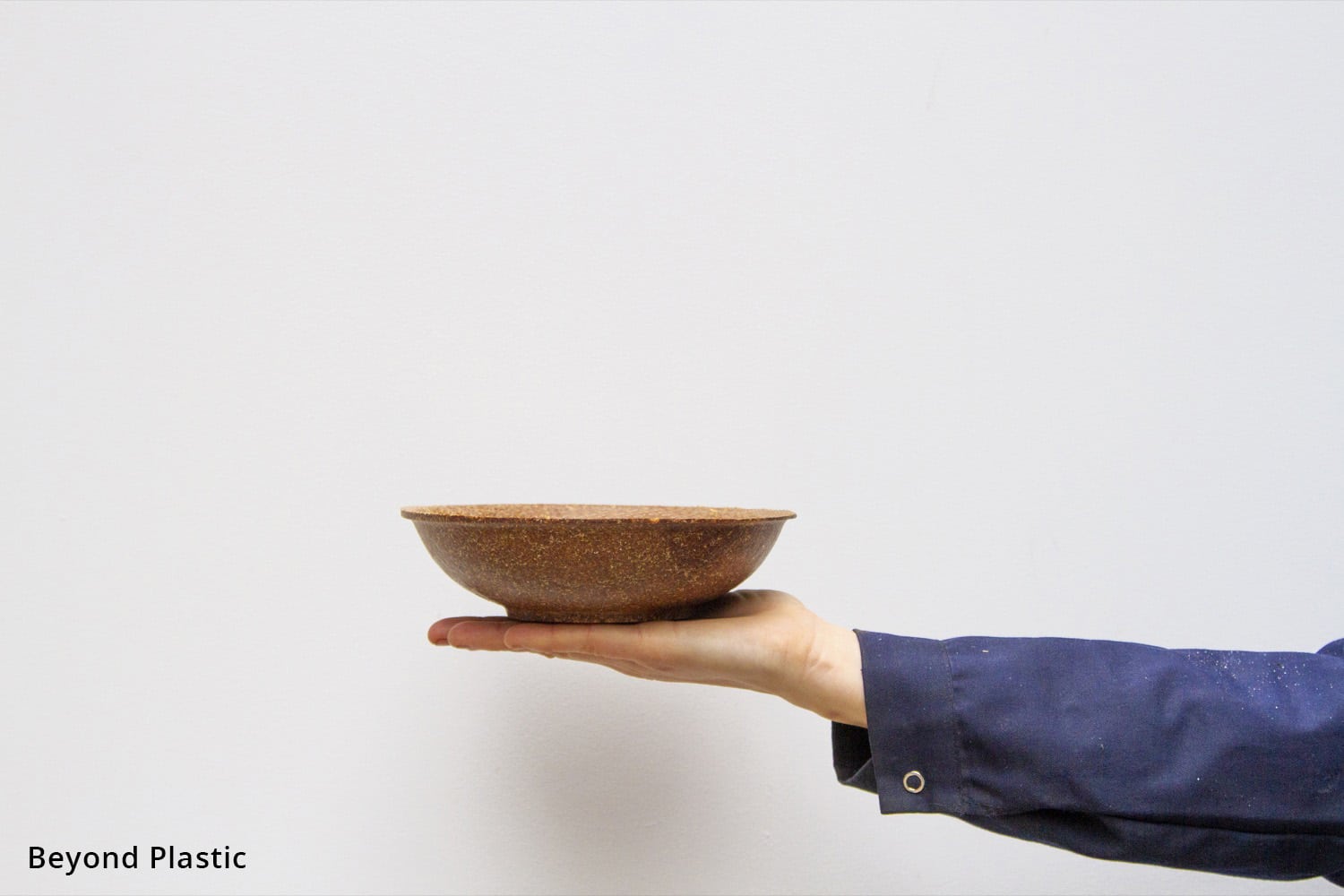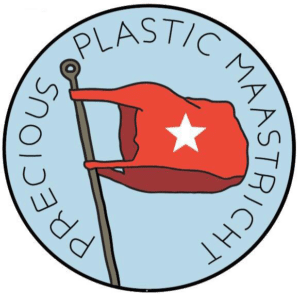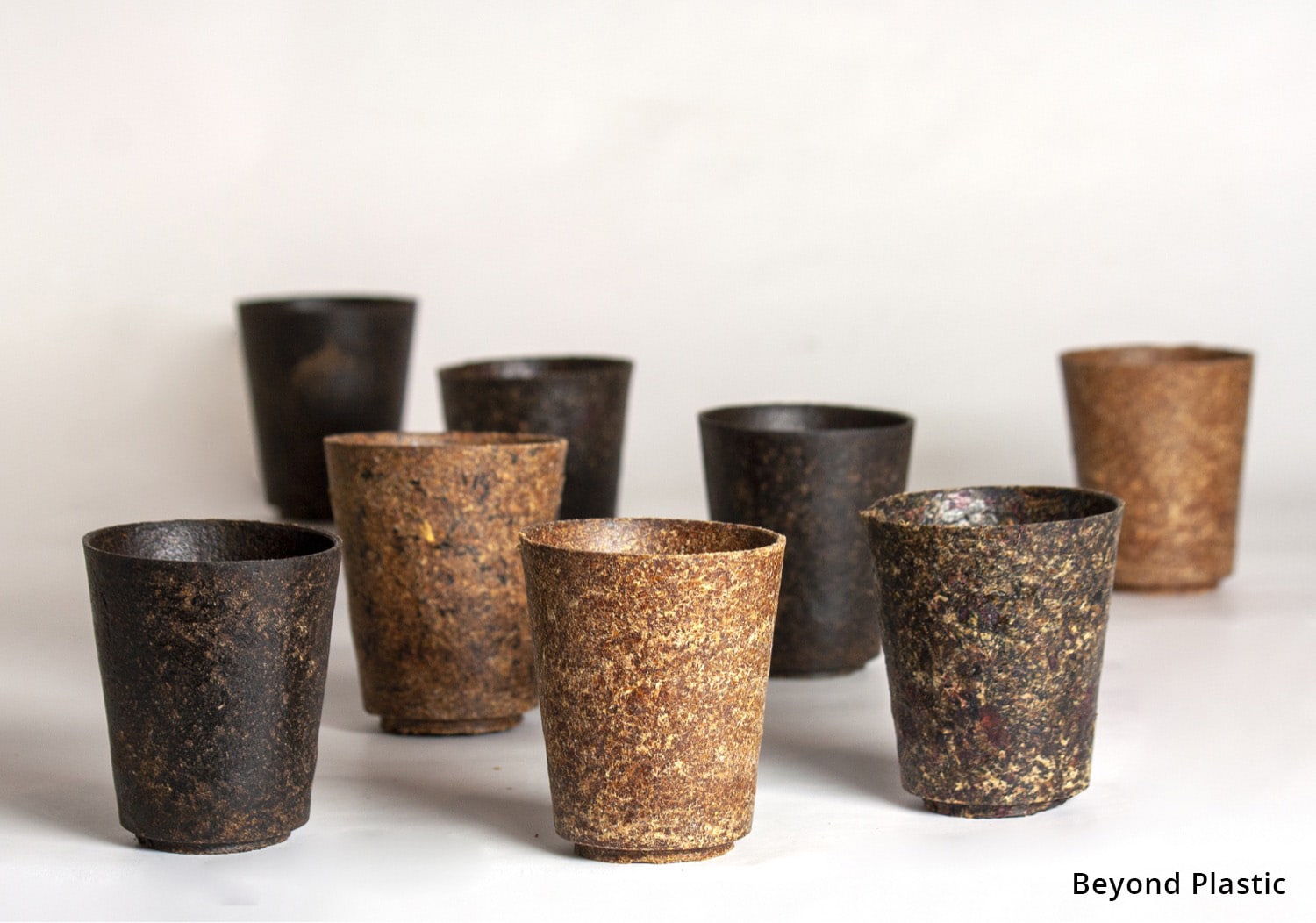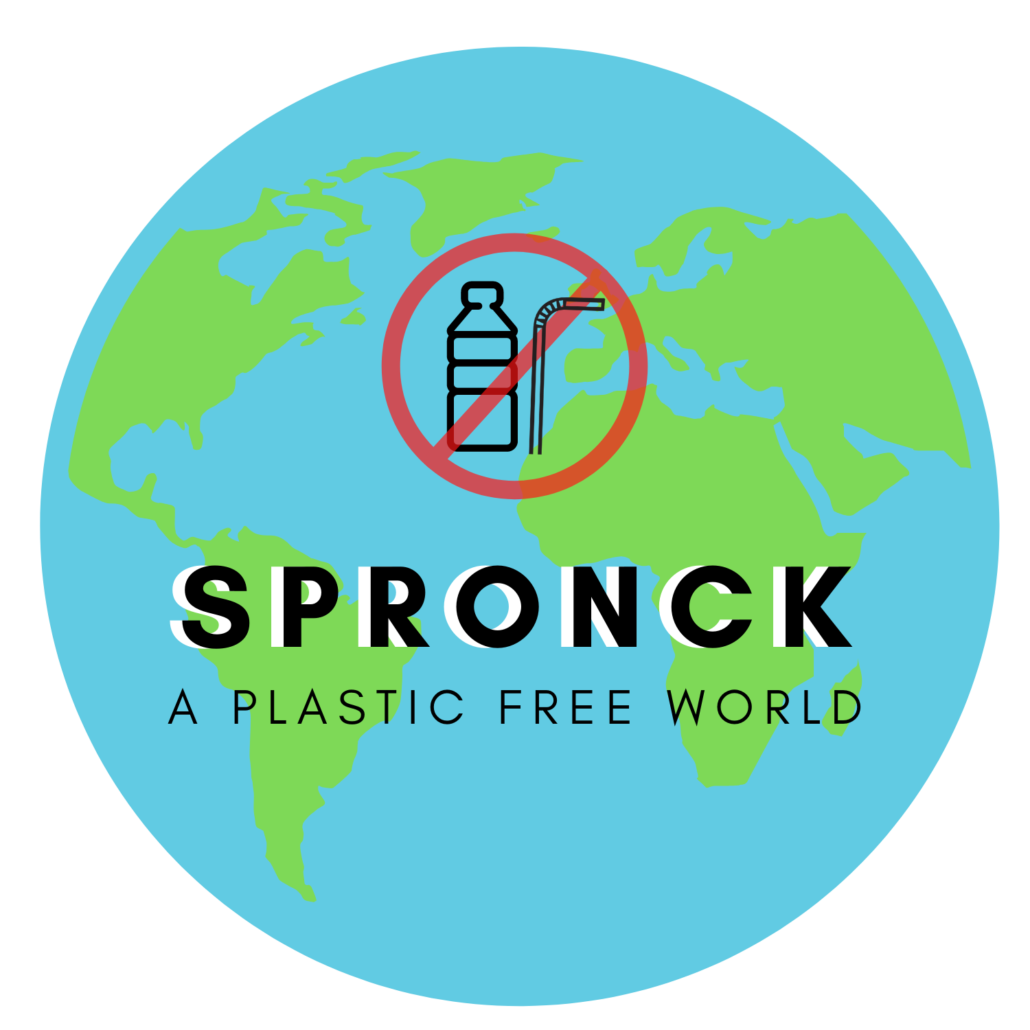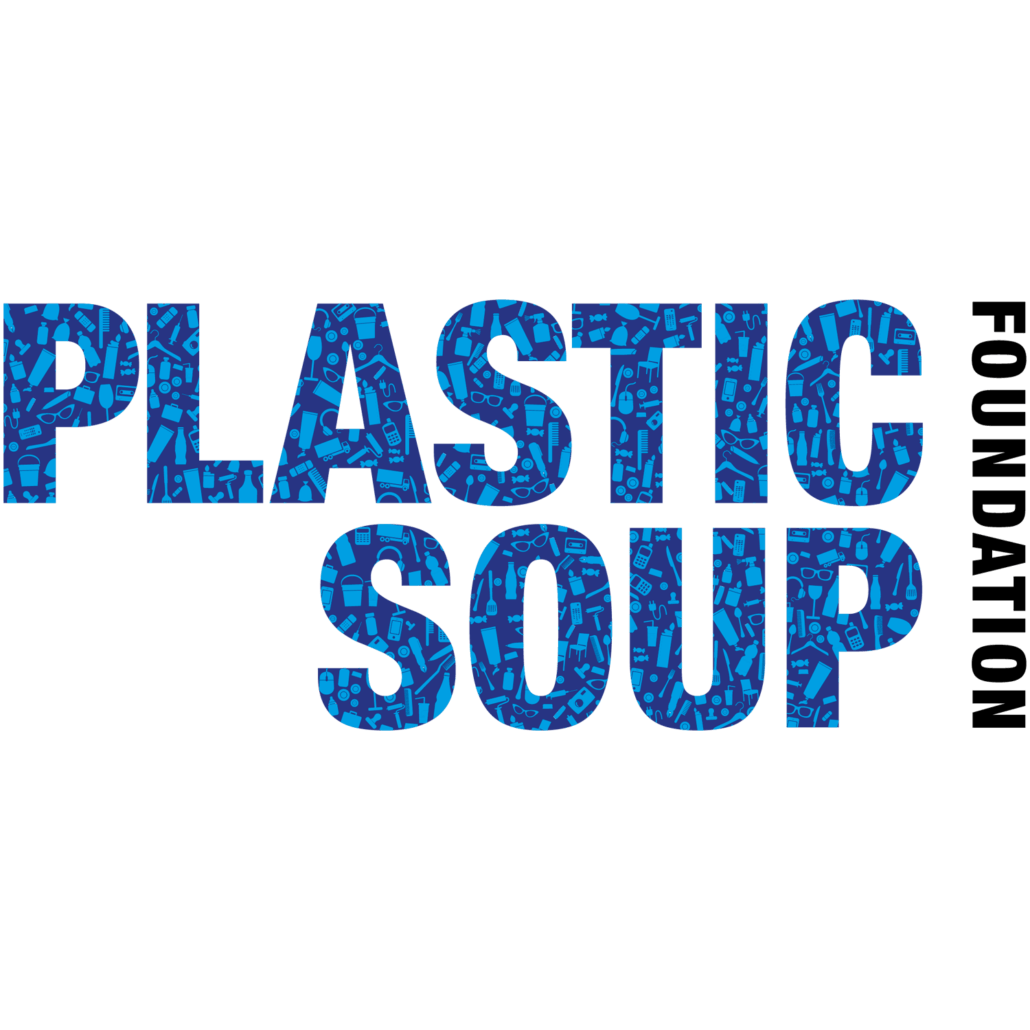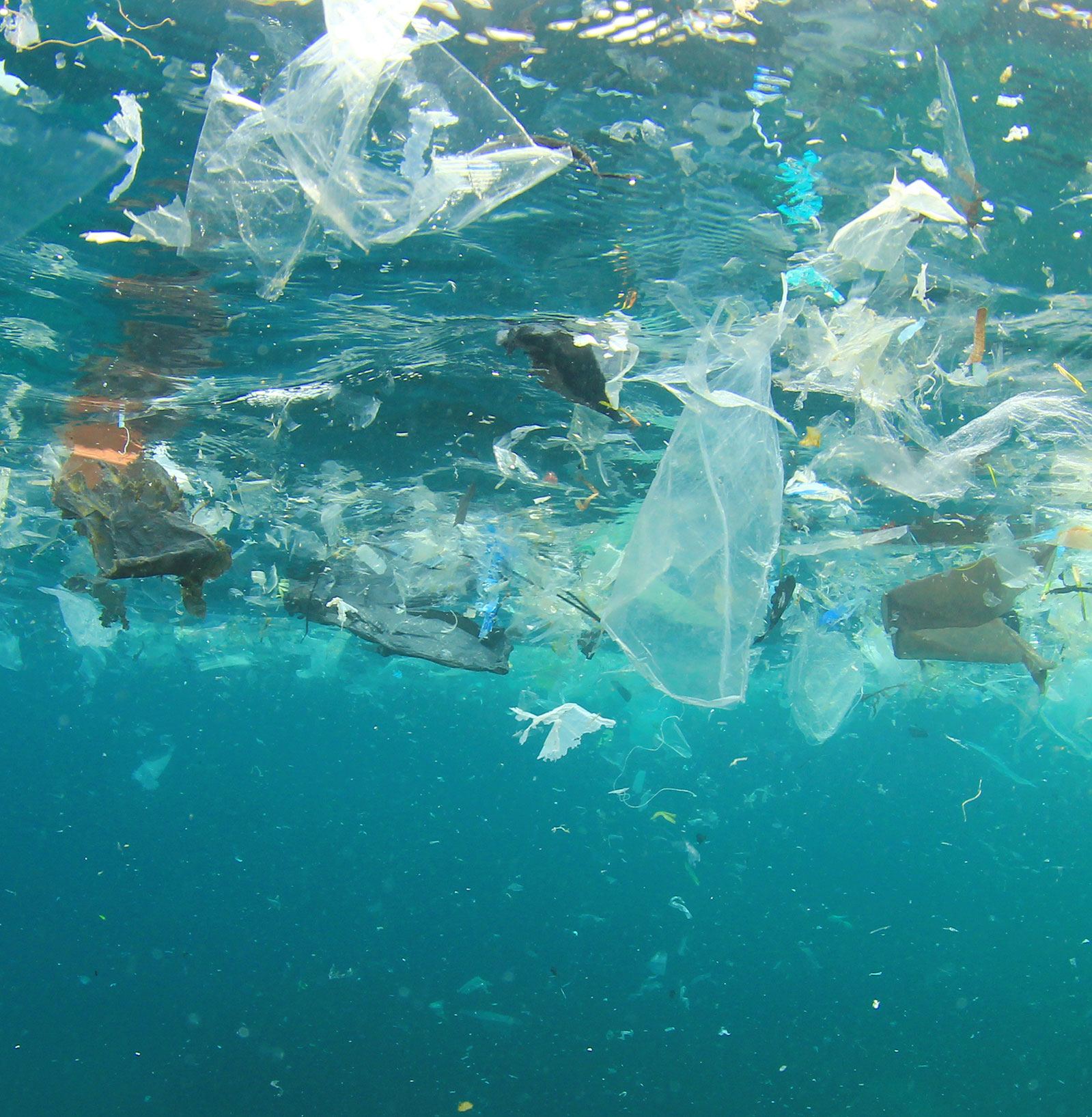Read here TYPPC Entry Criteria.
THE YOUNG PLASTIC POLLUTION CHALLENGE
8 Januari 2021
And the winner is…
COMPOSTERRA! The ComposTerra student team wins 50,000 euros for their plan to investigate which organic waste is suitable for the production of fully compostable products such as cups, plates, and packaging. Congratulations! In second and third place were the projects Green Health Care and Mapp which won investment sums of 40,000 euros and 30,000 euros respectively. All three winning projects will receive professional coaching to help their initiatives along.
The winning team ComposTerra!
From left to right:
Hannah Bosland, Cristina Palacios Mateo, Arno Ratzinger, Ezekiel Stevens, May Sturman
ComposTerra is a project of Precious Plastic Maastricht.
Watch the after-movie of the finals here!
Want to watch the entire final of the YPPC 2021? Then click here.
10 November 2020
Thank you for all the ideas and inventions submitted for the Young Plastic Pollution Challenge! The jury has nominated the following 8 entries* for a place in the finals:
- Train your Dog
“Train your dog as a tidy dog (as we have done with our dogs). With almost 2 million dogs in the Netherlands going outside 4 times a day you can clean up 8 million pieces of rubbish every day and even more if the owners take some with them.” - Green Health Care
“With this project I am hoping to help hospitals in the Netherlands to switch from using single-use to reusable materials. I want to achieve this by informing hospitals of the safety of reusables and by supporting them in making sustainable changes.” - Cosmic Station
“The solution is a circular drinking water supply. The system works almost the same as a library. In this case people don’t borrow a book, but they borrow a non-disposable bottle to drink water. So the consumers are users not owners of a bottle.” - Krill
“The solution we propose is a modular swarm of autonomous collector boats which can cooperatively collect plastic from all kinds of water bodies. Our aim is to tackle the problem at the source by identifying the main points of plastic concentration with sensor boats and focus our collection system to avoid the plastic from continuing to damage the ecosystem throughout the debris pipeline.” - Plastic Soup Nudge Unit
“The key to plastic free living is getting people to switch from plastic consumption to plastic free alternatives. In order to do that, we need to understand the psychology behind decision making and drivers of going plastic free. By using behavior change techniques and scientific insights, we help organizations that offer plastic free products and services to get people to make that switch.” - Tide Bots
“For The Young Plastic Pollution Challenge we are entering the competition with a team of Minor Robotic students (TU Delft) that will focus on the development of swarm bots (Project name ‘Tide Bots’) in combination with AI, that will collaboratively hunt for litter, communicate with each other and store their data in the cloud.” - ComposTerra
“Our product idea is ‘ComposTerra’: a range of home-compostable bio-based materials made and sold in Maastricht, Netherlands, to replace single use plastics such as plastic cups, plates, bowls and box packaging. Our ambition is to make our biomaterial knowledge and ‘recipes’ globally accessible to reduce plastic production and pollution, to target areas we are not able to currently sell our products to.” - VeVi
“We want to use left-over coffee grounds to create a cosmetic product that does not contain microbeads: body scrubs. By substituting the microbeads in body scrubs with coffee grounds, no microplastic pollution will occur from our product.”
Why this Challenge
We all know by now how devastating the impact of plastic on the environment is. Slowly but surely, it is becoming increasingly clear that microplastics are everywhere these days: in the air we breathe, the water we drink, and the soil in which we grow our vegetables. The first scientists are now investigating whether this is harmful to our health.
Worldwide there is a lot of talk about the circular economy, and there are many initiatives to stop the problems, but still, we see little change. And the amount of waste is only increasing; there is no escaping from it.
We need smart ideas to prevent this ‘leakage’ of plastic, of both macro- and microplastics, to the environment. We will have to look at other economic models, different processes, or products. We will have to start using materials that do not harm our habitat and the environment.
This is why we challenge you to convince us with your brilliant invention to make and keep our world – and ourselves – livable and healthy.

